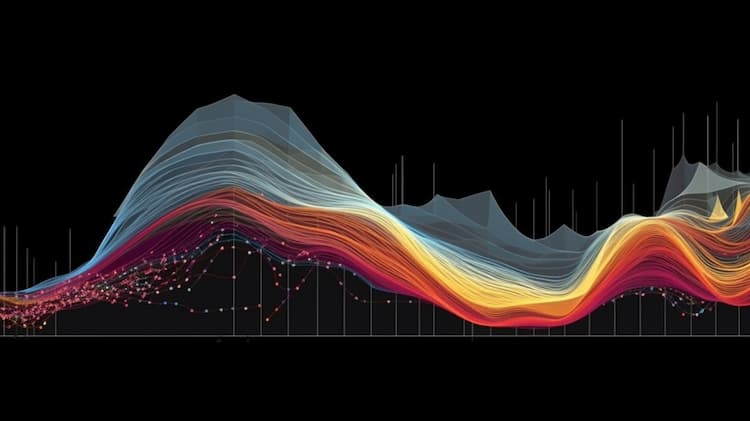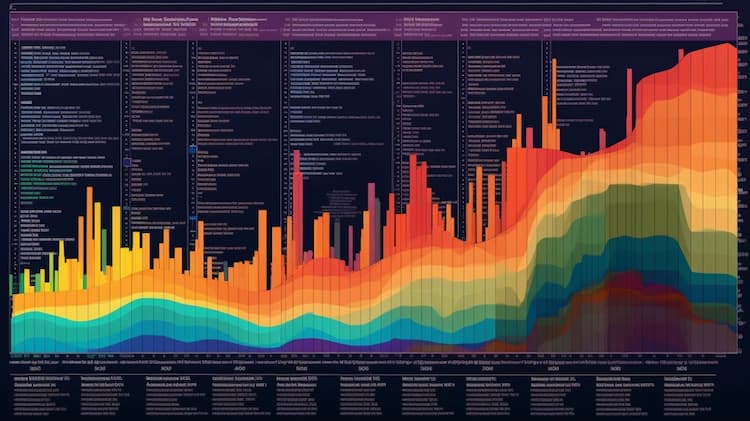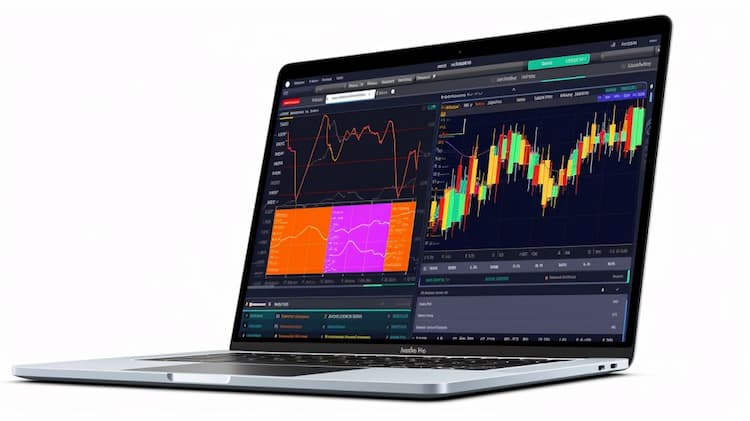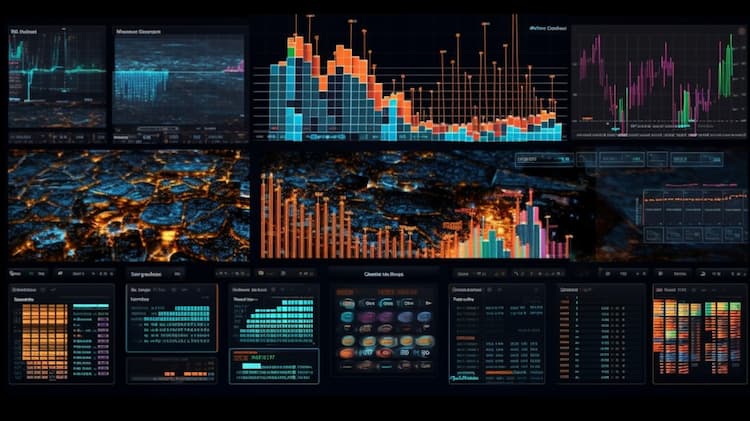
VTV VS IWD: A Comprehensive Comparison of ETFs
Exchange-Traded Funds (ETFs) have revolutionized the investment world, offering diversified exposure across various sectors and asset classes. In this article, we will delve into a comprehensive comparison between two popular ETFs: VTV (Vanguard Value ETF) and IWD (iShares Russell 1000 Value ETF). We'll examine various aspects including the tickers, full names, issuers, sectors, top holdings, capitalization, strategy, tracking, and exposure.
VTV VS IWD: Overview
VTV and IWD are two ETFs that focus on value stocks within the U.S. equity market. While both ETFs aim to provide exposure to value-oriented companies, they are managed by different asset management companies, namely Vanguard and iShares (BlackRock), respectively. This distinction in management and approach leads to differing investment strategies and potential outcomes, which we will explore in the following sections.
VTV VS IWD: Sectors and Top Holdings
The VTV ETF concentrates on value stocks from various sectors such as financial services, healthcare, and consumer goods. Its top holdings may include companies like Berkshire Hathaway, Johnson & Johnson, and Procter & Gamble. In contrast, the IWD ETF also targets U.S. large-cap value stocks but may have a different mix of sectors and top holdings, including familiar names like Microsoft, JPMorgan Chase, and Johnson & Johnson. Understanding the sectors and top holdings can offer insights into the industries and companies that each ETF prioritizes.
 VTV overlap VTV VS IWD: A Comprehensive Comparison of ETFs
VTV overlap VTV VS IWD: A Comprehensive Comparison of ETFs
VTV VS IWD: Capitalization and Strategy
VTV boasts a substantial asset under management (AUM) due to Vanguard's reputation and long-standing presence in the ETF industry. Its strategy centers around tracking the performance of the CRSP US Large Cap Value Index. On the other hand, IWD aims to replicate the performance of the Russell 1000 Value Index. While both ETFs focus on value, differences in AUM, index methodology, and management approach can influence their performance over time.
VTV VS IWD: Tracking and Exposure
VTV's goal is to provide investors with exposure to undervalued companies in the U.S. equity market, targeting potential long-term outperformance. IWD, similarly, seeks to capture the performance of value stocks, which historically have exhibited the potential for higher returns when their prices catch up with their intrinsic value. Understanding the tracking mechanisms and exposure strategies helps investors decide which ETF aligns better with their investment objectives and risk tolerance.
Conclusion
VTV and IWD are distinct ETFs that offer exposure to the value investing style in the U.S. equity market. Each ETF has its unique approach to selecting and weighting value stocks, driven by the strategies and philosophies of Vanguard and iShares. For investors seeking detailed insights into holdings, correlations, overlaps, and other valuable information, tools like ETF insider provide a user-friendly way to explore these ETFs and other financial instruments.
Disclaimer: This article is for informational purposes only and does not provide investment advisory services.
Sources:
Vanguard Value ETF (VTV) Fact Sheet
iShares Russell 1000 Value ETF (IWD) Overview
VTV ETF issuer
VTV ETF official page
VTV quote and analysis
Discover the top holdings, correlations, and overlaps of ETFs using our visualization tool.
Our app allows you to build and track your portfolio.
To learn more about the VTV Vanguard Value ETF, access our dedicated page now.




























